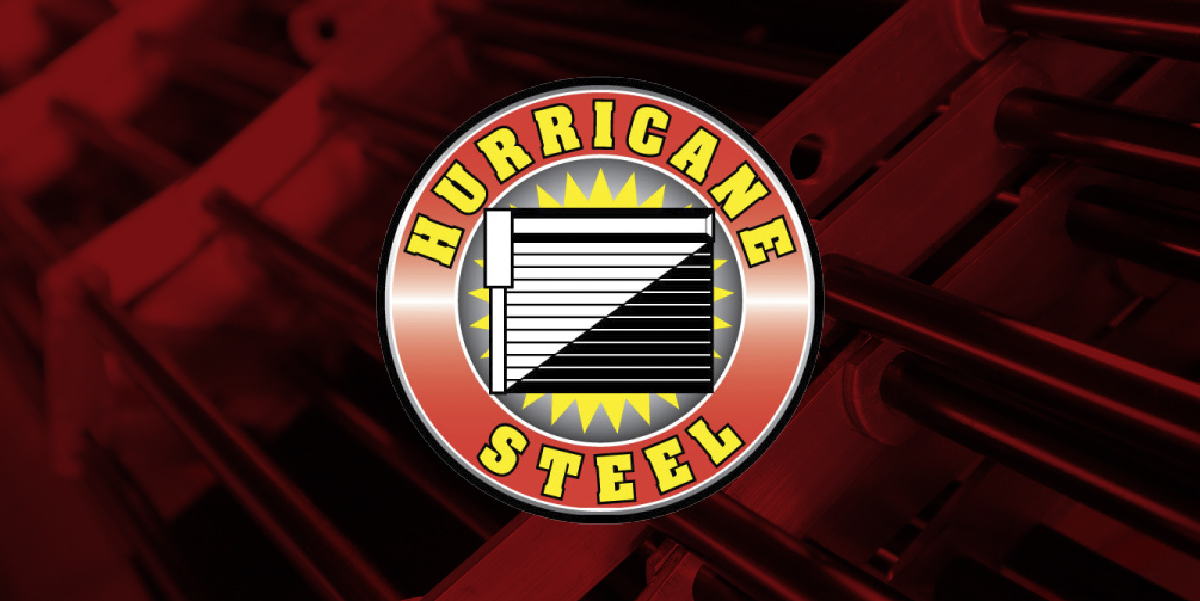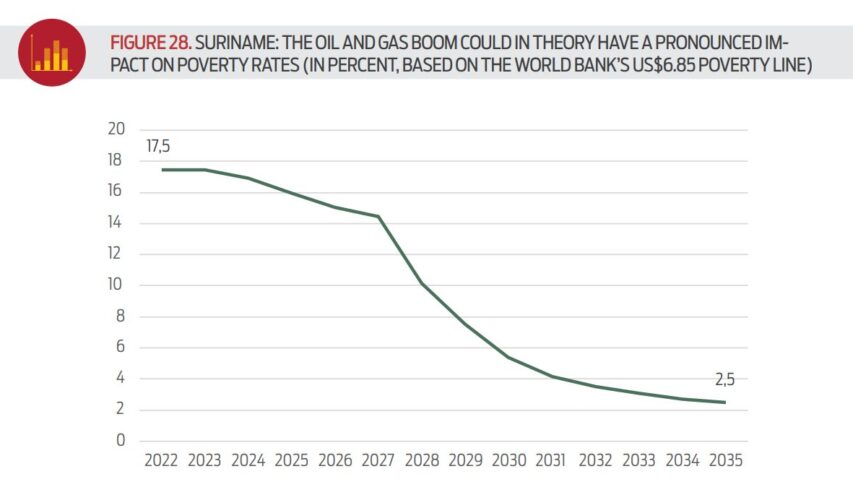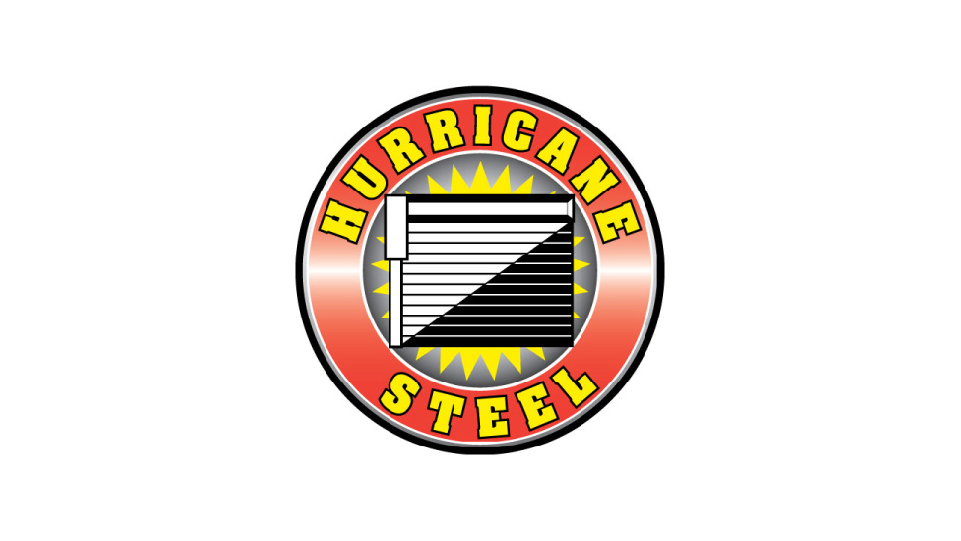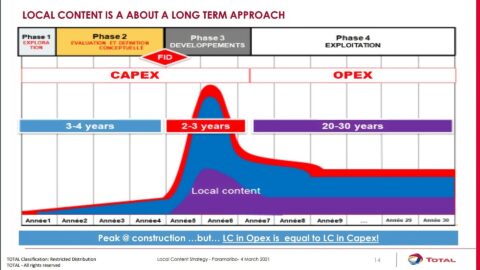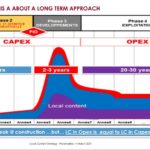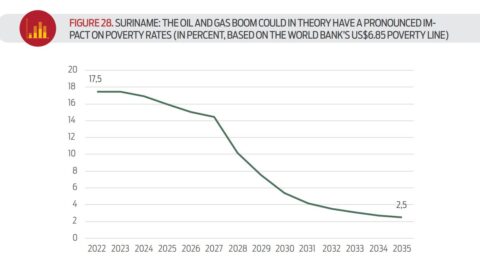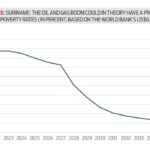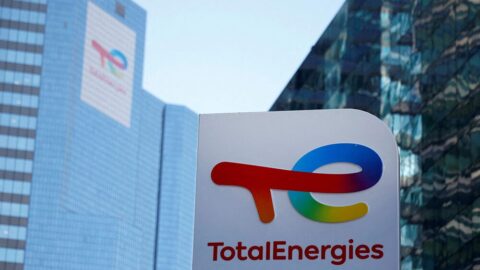Reflections on the Implications of the Expected Oil and Gas Boom for Poverty and Inequality
Suriname has high expectations of the potential of the impending oil and gas boom to improve overall living standards and reduce poverty. Indeed, taken at face value, the prospects are enticing. At the time of this writing, TotalEnergies is expected to sanction the first oil project in what is known as Block 58 by the end of 2024. If this timeline is met, the first oil revenues could materialize as early as 2028. The royalties from this project alone are expected to amount to US$200 million annually (about 6 percent of current GDP). And indeed, this is only one of multiple potentially viable offshore oil projects off the coast of Suriname.
Macro-economic Growth Projections
Macro-economic growth projections provide insight into how strong the potential impact of the oil and gas boom on poverty might be. Figure 28 takes the economic growth projections of the IMF in its latest review of the EFF (IMF 2024) as a starting point. These projections, which the IMF emphasizes are “subject to a lot of uncertainty,” suggest that annual growth in GDP per capita could jump to over 20 percent in the years from 2028 to 2030, after which it will gradually taper off. Simulations in Figure 28 illustrate that this growth could theoretically contribute to rapid poverty reduction. These simulations are based on two strong assumptions:
- Pass-Through Rate: The so-called passthrough rate from GDP growth to poverty is 0.7 (i.e., every percentage point of GDP growth translates into a 0.7 percentage point increase in household consumption).
- Distribution Neutrality: The impact of economic growth is distribution-neutral (i.e., growth in consumption is identical at the bottom and top of the consumption distribution).
Under these assumptions, poverty measured against the World Bank’s US$6.85 poverty line would drop to below 3 percent ten years from now.
Challenges and Risks
But even if Suriname’s offshore oil and gas exploitation comes on stream at scale, economic growth might not be pro-poor. The direct impact of the development of the oil and gas sector on job opportunities may be limited. As discussed in Section 4, mining and oil already represent close to 30 percent of GDP and 90 percent of Suriname’s exports. However, they employ only a small minority of the population. The ratio of revenue to the share of workers may become more skewed due to the capital- and knowledge-intensive nature of the offshore oil and gas industry, which demands mainly high-skilled workers. Considering the skill shortages discussed throughout this report, much of the expertise required to operate offshore oil projects may have to be imported from abroad. Likewise, the opportunity for local content policies to create high-quality job opportunities through backward and forward linkages between the petroleum industry and other sectors (notably manufacturing of heavy equipment and legal and financial services) may be hampered by skill shortages. Spin-offs in other sectors (transport, hospitality, and food services) may have relatively low value added. Moreover, it is not yet clear if the refinement process will take place in Suriname or if the crude oil will be shipped to a foreign refinery. The expected spin-off will be lower if the refinement does not occur in Suriname.
Dutch Disease and Economic Management
Dutch disease could have further implications for job opportunities and purchasing power. Natural resource discoveries have in many countries been documented to make other exporting segments of the domestic economy less competitive due to an increase in the real exchange rate following the inflow of foreign currency (Ebramhimzadeh 2023). In Suriname, this means that a sector intensive in capital and foreign knowledge displaces other exporting sectors that may be more intensive in local labor. Experience from around the world and numerous studies highlight the risk of poor economic growth after the discovery of natural resources, often referred to as a “resource curse.”
There is also the question of how the influx of oil wealth will be managed by a fragile democracy. Risks are numerous. Underdeveloped auditing bodies and rudimentary public financial management systems contribute to vulnerability in the stewardship of public finances. As described in a recent World Bank study, “Converting oil revenues into assets that support sustainable and equitable growth will require public spending and investment without overwhelming the absorption capacity of the domestic economy, prudent fiscal policy, and the saving of some of the resource wealth in foreign financial assets” (World Bank 2023c, p. 8). Significant and rapid improvements in governance and institutions in Suriname are required to address these vulnerabilities.
Dependence on Oil and Economic Shocks
Finally, dependence on oil could potentially expose Suriname to significant economic shocks. Commodity price shocks have in the past had significant implications for Suriname’s macroeconomic development. In fact, the 2020 economic crisis was the result of a longer-term buildup of macroeconomic imbalances partly driven by declining commodity prices. Dependence on oil could also go hand-in-hand with significant volatility. Indeed, after major oil discoveries, other countries have struggled with the challenges outlined in this section. Ghana is a case in point. Its GDP growth peaked with the start of commercial oil production in 2011. However, subsequent GDP growth was below expectations and more volatile, and poverty reduction was disappointing (World Bank 2021). Guyana is a few years ahead of Suriname in its scale-up of oil production. While lack of recent data on poverty and equity inhibits an assessment of poverty reduction in Guyana, for a large part of the population, primary sectors of agriculture, forestry, and fishing remain important for income generation (World Bank 2024a).
Date: 10 August 2024
Categories: Economic Boom, Economic Crisis
Advertentie
Wilt u uw merk hier tonen?
Maak contact en ontdek de advertentiemogelijkheden!
Wilt u uw merk hier tonen?
Maak contact en ontdek de advertentiemogelijkheden!
– DISCLAIMER –
LocalContentSuriname.com is een portaal waar ondernemers, bedrijven en stichtingen zich willen presenteren. Deze website is niet verantwoordelijk voor de inhoud die op deze pagina getoond wordt. Alle informatie die op deze pagina wordt verstrekt, moet onafhankelijk worden geverifieerd. Er worden geen garanties of verklaringen gegeven voor de juistheid van de informatie. Ga naar veelgestelde vragen voor meer informatie.

